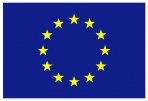Spain: General Assembly in Bilbao 2019
27-29th May 2019
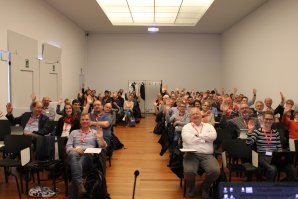
For the final SINE2020 General Assembly our Spanish partner ESS-Bilbao were our hosts from 27-29th May 2019.
Scientists from all 10 Work Packages gathered to discuss their progress, their acheivements and of course their plans for the last four months and beyond. Here are some updates that were reported from:
Management and Coordination , Dissemination, e-learning and Schools, Industry Consultancy
And the six research and development strands:
Deuteration, Crystal Growth , Sample Environment, Instrumentation: E-tools, Instrumentation: Detectors, Data Software Treatment
Management and Coordination
Our Project Manager, Miriam Förster, and Project Coordinator, Martin Böhm reported that the project is 68% complete (in terms of milestones and deliverables) after 43/48 months. Since the last General Assembly in Parma, Miriam and Martin have compiled the 2nd Periodic Review and Martin is also working on a Sustainability Report – how will SINE2020's achievements continue into the future?
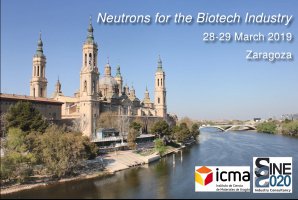
Dissemination
Lucy Moorcraft, SINE2020's third Information Manager, has been reporting news from the project through the year via the project's social media channels (Facebook, Twitter, LinkedIn and Youtube), news articles and website updates on www.sine2020.eu and neutronsources.org.
Specifically, The Road to the ESS project has been a great opportunity to showcase the contribution and collaboration of all 18 institutions in our 12 partner countries. Still plenty more news to come in the final few months!
Another role of this Work Package is to assist some of the other Work Packages with their tasks, in particular by helping WP4 with their Neutrons for the Biotech Industry event in Zaragoza in March 2019 and creating a video for the Matrac 2 Neutron School.
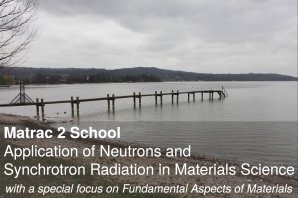
e-learning and Schools
e-learning
Ongoing content development of e-neutrons.org has continued and some of the virtual instruments and experiments are almost complete.
Schools
SINE2020 money has helped fund even more Schools that otherwise may not have been able to run and have helped grow the neutron and muon community. Before the end of the project, over 40 schools will have been supported reaching several hundred students.
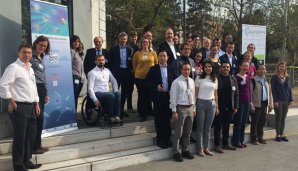
Industry Consultancy
Marc Thiry reported on the efforts of the Industry Consultancy team, including Caroline Boudou SINE2020's Industrial Liaison Officer. They have continued to attend Industrial events through the year to promote what neutron experiments can offer industrial companies, and have organised SYNERGI2019 in Lyon, France and Neutrons for the Biotech Industry in Zaragoza, Spain.
37 free feasibility studies for industry were accepted during the project. 21 industry relevant Case Studies have also been produced.
New animation videos on Residual Stress Measurement and Small-Angle Neutron Scattering with an industrial audience in mind have also been created.
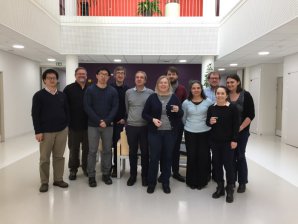
Chemical Deuteration
The European Deuteration Network DEUNET set-up under SINE2020 is starting to become a worldwide deuteration network. You can find out more on their website https://deuteration.net/
All synthesis projects are now complete and a chemical deuteration lab at the ESS has been established.
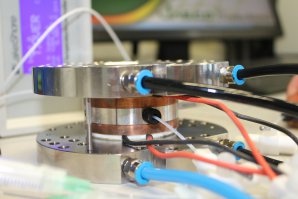
Crystal Growth
Work has continued at ILL on magnetic alignment of microcrystals. Meanwhile, a crystallisation chamber has been built and is currently being tested at JCNS, and several papers have been published at ESS on crystal growth methods.
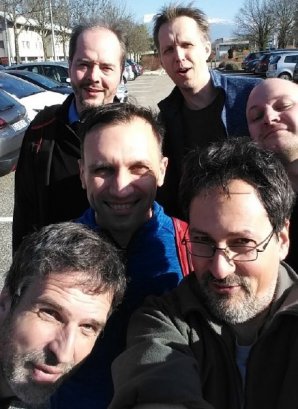
Sample Environment
All of the Sample Environment tasks have resulted in improved performances of equipment and more efficient use of beam time. SECoP is starting to be adopted as an international standard for both facilities and companies. All of the achievements of this work package will soon be published in a special issue of of the Journal of Neutron Research – coming soon!
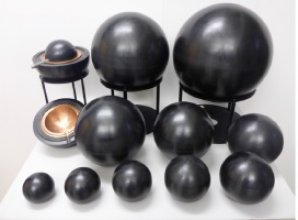
Instrumentation: e-tools
Peter Willendrup reported on the tasks from the E-tools work package. All tasks are on course for completion by the end of the project, including those that were previously delayed. Recommendations have been made for future ESS instruments, for example a compact SEMSANS add-on for SANS and Imaging, and the developed simulation software is already, or soon will be, released. Some of this work also has applications beyond the neutron community.
Work Package 8 will be holding a day's workshop in St Petersburg, Russia on 29th June 2019 and the contributions will make up a dedicated issue of the Journal of Neutron Research.
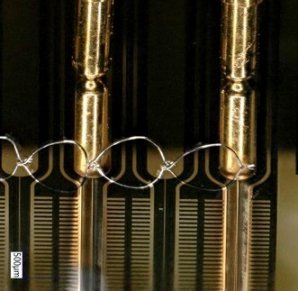
Instrumentation: Detectors
Detector developments have been continuing and the detector hardwares have now been built and tested at various facilities. The results are now helping the different teams to work on improvements before the final reports due in a few months.
An extra task looking at single neutron detection in scintillators using CMOS cameras has been added to the work package. This is being led by ESS Bilbao and is looking at the possibility of detecting individual neutrons.
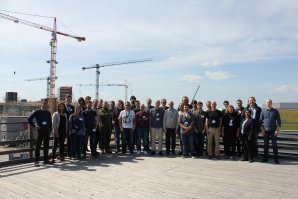
Data Treatment
The key milestones of this work package are now complete with Workshop IV being held the week before the General Assembly in Lund, Sweden from 22nd-24th May 2019.
The deliverable Guidelines and Standards has been produced and is available to download on this page and it is being converted to a peer-reviewed article in the near future.
Software for SANS, reflectometry and imaging data treatment are now ready for user testing and almost all the deliverables in the work package have been delivered.
Photos from the General Assembly event
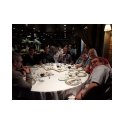

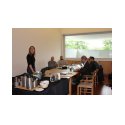
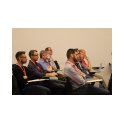
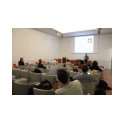

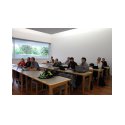

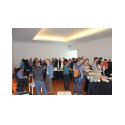
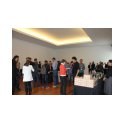
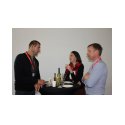
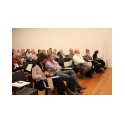
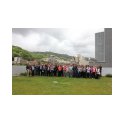
Back to The Road to the ESS
Other articles: ESS Bilbao, 2016 GA in Coimbra, GA in Parma 2018, 2015 SINE2020 Kick-off meeting in Copenhagen




